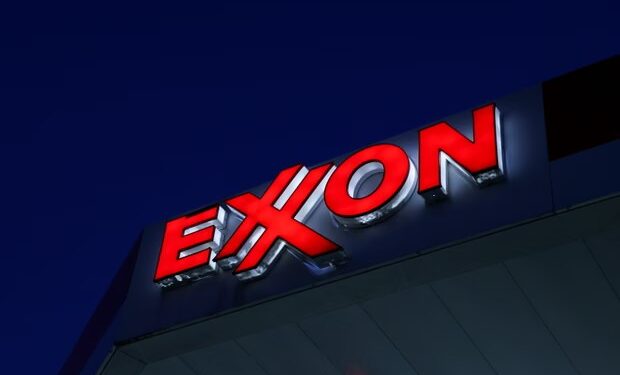Texas-based fossil fuel company financed Atlas Network in an attempt to derail the UN-led climate treaty process
Newly released internal documents show that ExxonMobil secretly funded a network of thinktanks across Latin America to undermine global efforts to combat climate change, while publicly claiming to support international climate agreements.
Funding routed through Atlas Network
The documents, obtained by investigative journalists and verified by former company insiders, detail how the Texas-based oil giant channelled millions of dollars to the Atlas Network – a global alliance of conservative and libertarian thinktanks. In Latin America, the funds were used to finance policy institutes and advocacy groups that questioned climate science and lobbied against emission reduction targets proposed under United Nations frameworks.
According to the leaked correspondence, the funding aimed to influence political narratives in key countries such as Brazil, Argentina, Mexico, and Chile. These thinktanks reportedly organised conferences, sponsored media content, and advised policymakers to oppose carbon pricing and climate legislation, presenting such measures as threats to national sovereignty and economic growth.
Strategic misinformation campaign
Researchers say the campaign mirrors similar efforts by ExxonMobil and allied organisations in the United States during the 1990s and early 2000s, where fossil fuel interests funded denial campaigns to cast doubt on the scientific consensus around global warming. The Latin American push appears to have been part of a coordinated attempt to weaken emerging support for the 1997 Kyoto Protocol and later the Paris Agreement.
Emails between Exxon executives and Atlas Network partners suggest the company sought to “shift the public debate” in developing economies that were starting to align with the UN’s climate agenda. One memo described Latin America as “a decisive theatre for controlling climate narratives.”
Public image versus private influence
While ExxonMobil publicly endorsed the Paris climate accord in 2015, the documents reveal a parallel strategy aimed at delaying policy adoption that could restrict fossil fuel investments. Analysts note that Latin America, rich in oil and gas reserves, was considered critical for Exxon’s long-term exploration plans, and any regional commitment to strict emissions caps would directly threaten those interests.
Environmental organisations have condemned the revelations, calling for renewed scrutiny of the company’s lobbying activities and for stronger transparency requirements in corporate political spending. The UN Environment Programme has also indicated it may review the extent to which private funding influenced climate negotiations during the past two decades.
Wider implications for global trust
Experts warn that the disclosures could further erode public trust in corporate climate pledges. “This shows a dual strategy – one for public relations and one for policy manipulation,” said a senior analyst at the Climate Accountability Institute. “It is a reminder that meaningful climate progress depends on exposing and dismantling these hidden influence networks.”
Newshub Editorial in South America – 4 November 2025




Recent Comments